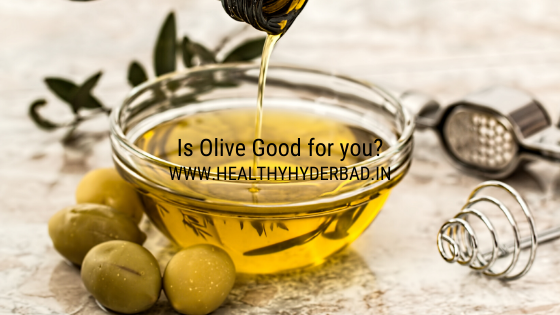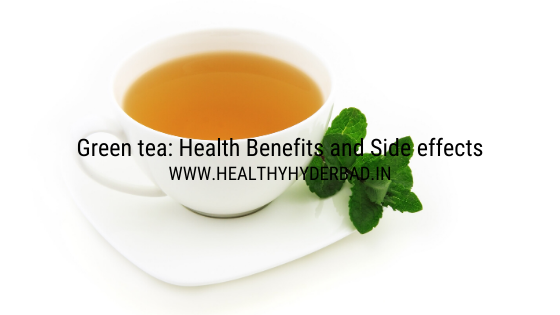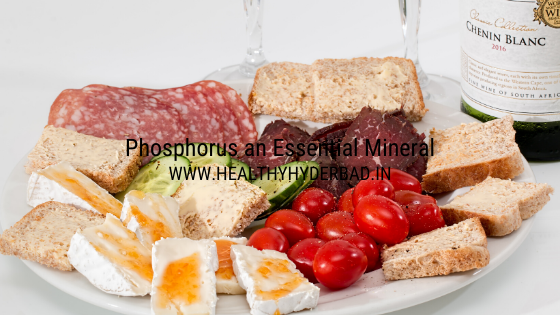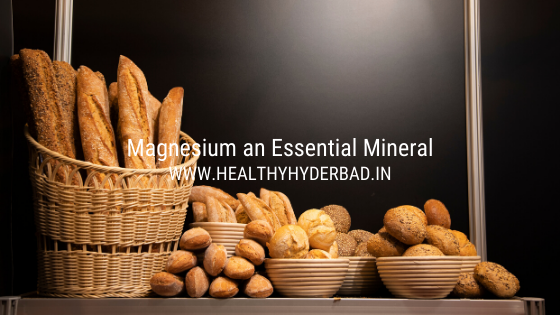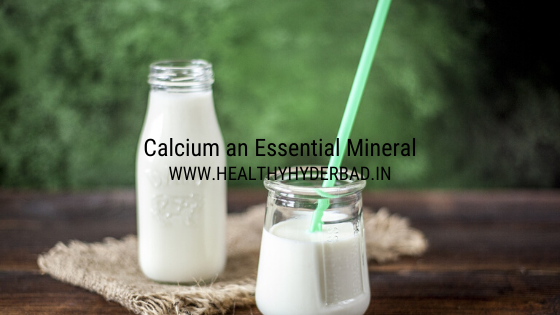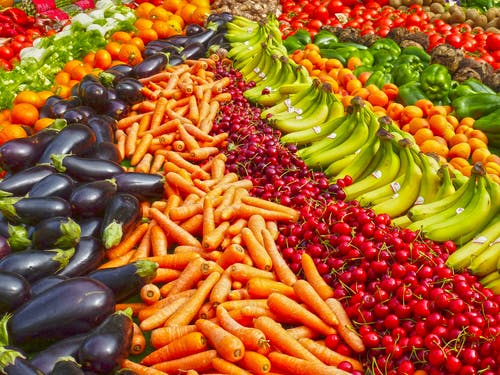Struggling to Sleep:
Nowadays many people struggle with sleep, because of late work, events, etc. There are many people who don’t know how to get sufficient sleep or how to make a sleep model. Here we will discuss some facts and techniques for a better sleep, which are proven by many people. We will discuss those foods which help you to get better and sufficient sleep and those exercises which help you to make a better sleep model.
First of all, we will discuss the foods that provide you a better sleep.
Things to eat to get better sleep:-
- Almond
- Banana
- Yogurt
- Milk
- Honey
- White rice
- Dark Chocolate
- Cheese
- Fish
- Herbal Tea
The above sources will provide you a better sleep.
Top 7 tips for better sleep:-
1. Yoga:
Yoga is the best exercise that helps you sleep faster. In yoga, there are some poses and activities that relax your muscle such as cobra stretch,cat-cow pose,whole-body stretching, and calm breathing, etc.
2. Cardio
Cardio exercises help your heart rate up such as Cycling, Running, Brisk walking, and swimming, etc. These activities show improvement in sleep and these activities maintain your sleep cycle/model.
3. Strength Exercises:
Strength exercises such as Pull-Ups, Push-Ups, Weight Lifting, Sits Ups, Calf Raises and Squats, etc. These exercises improve your quality of sleep and you a better sleep to wake up with an energetic mood as well as make you strong.
The above types of exercises are very effective for better sleep
Now we will see some mental Exercises/Techniques for improving sleep quality
4. Focus attention technique:
In this technique, you have to lie down on the bed and bring out your left thumb and just focus on the tip of the thumb. What will happen you know, our mind thinks lots of things at a time so this technique allows your mind to focus only on one thing. That gives you a better and sweet sleep fastly.
5. Make a sleep model:
It means you can improve your sleeping quality by sleep and wake up at the same time regularly. Just do this for 7 days and you will get a habit of sleep and wake up at the same time. What will happen with this, your mind gets a program and once this becomes a habit then you don’t need the alarm to wake up? This helps you to wake up the whole day without tiring or boredom.
6. Melatonin Hormone:
Melatonin may be a hormone that is made by the pineal gland. Most of the people use this hormone when they have a problem with sleeping. That’s why Melatonin hormone also knows as a hormone of sleep. There are not that many serious side effects of this hormone as many people have investigated.
7. 9 to 12 formula:
What do you mean by 9 to 12 formula? It means some research said that the period of 9 to 12 at night is the best period to sleep. Many research said it you sleep these 3 hours then this will be equal to the sleep of 6 hours. But many of us miss this period that’s why we feel sleepy at day time too.
Things to avoid at night time:-
- Don’t take a heavy dinner.
- Don’t consume caffeine at night time.
- Don’t eat food containing water.
- Don’t consume fatty food.
- Don’t consume alcohol.
These were some tips and techniques for getting better sleep. Hope you like it.


